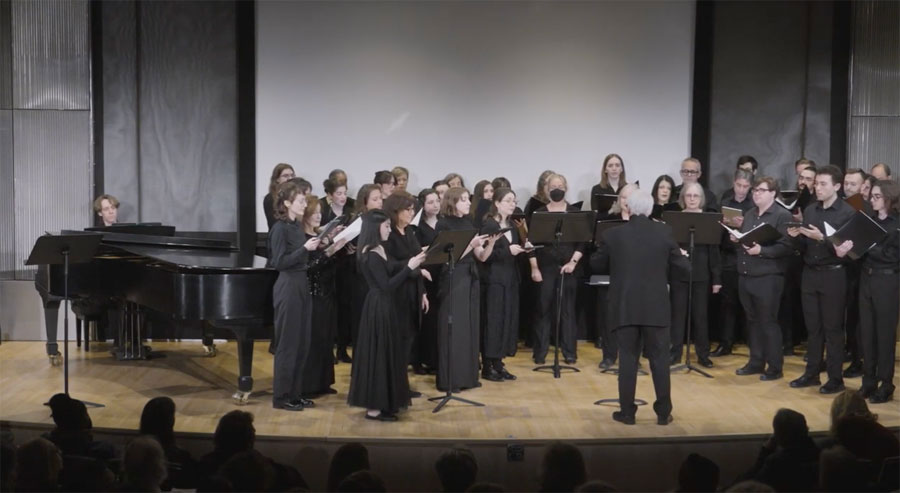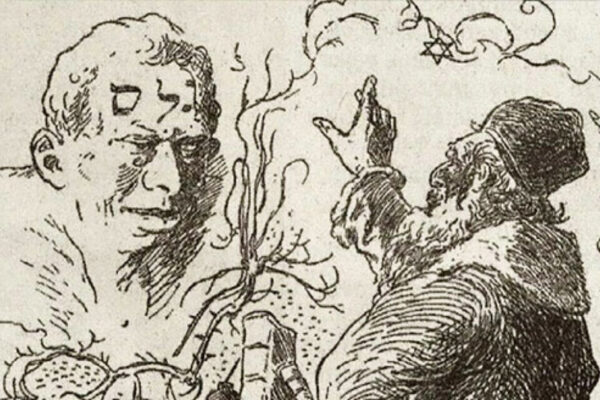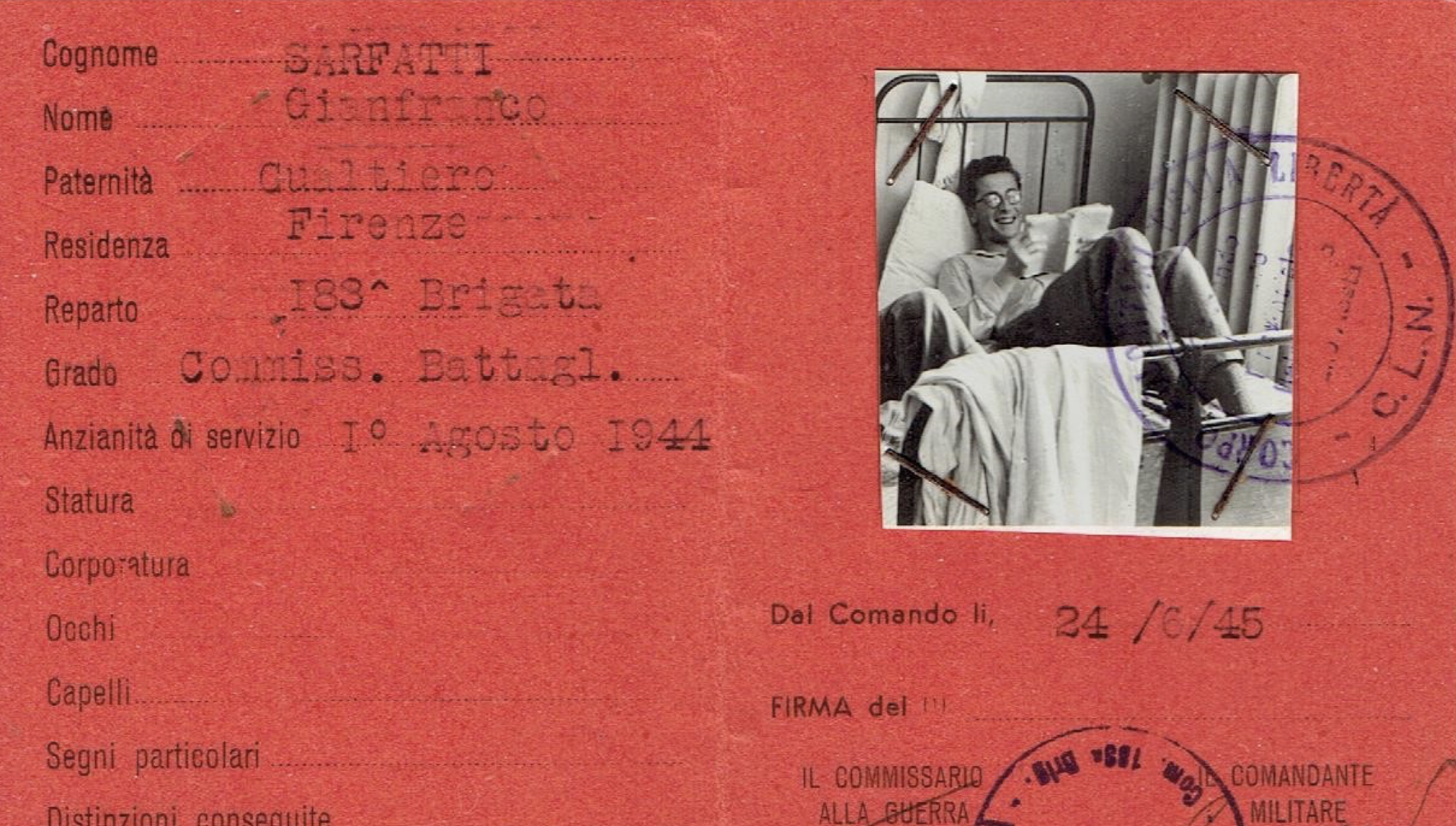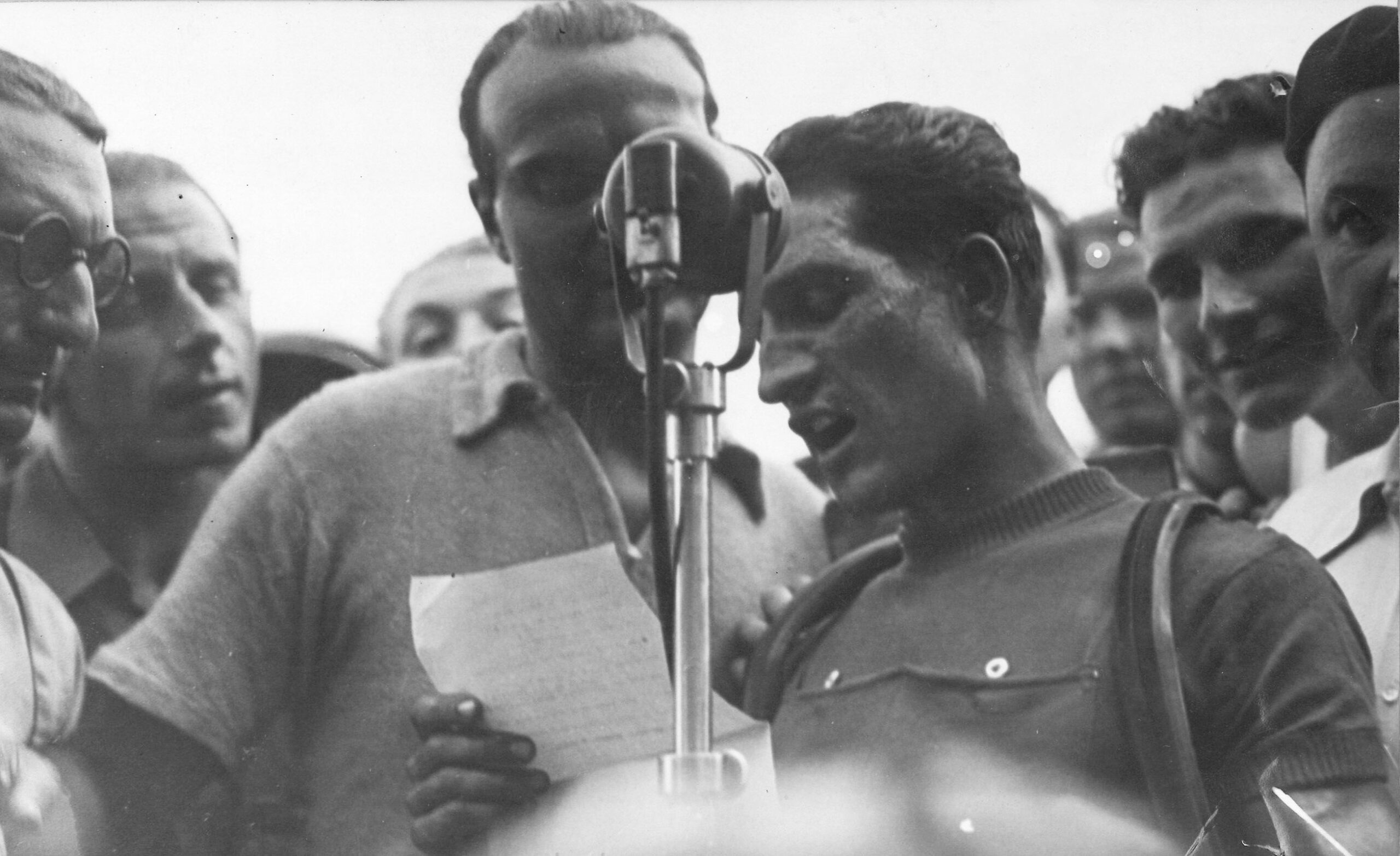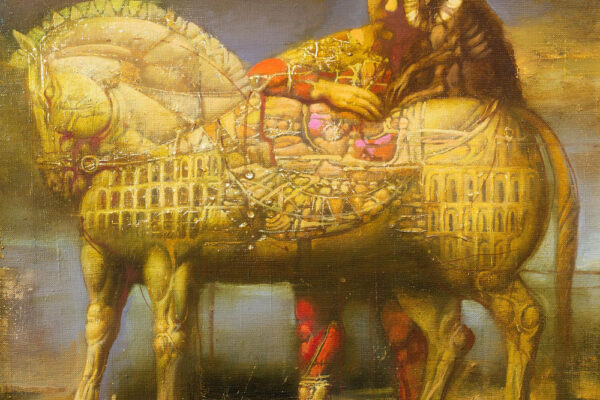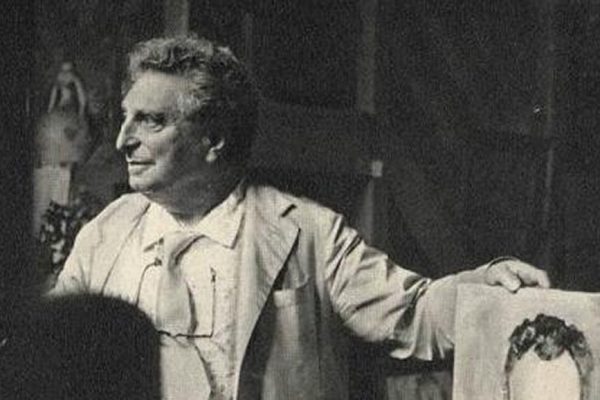From the joint program on Giorno della Memoria
In the past weeks I have received hundreds of remembrance day emails and letters asking “to fight Holocaust distortion” and “antisemitism.” One intimated: “never again is now.”
I find this kind of recitation frightening as it appears to me as a reduction to slogans of concerns that require serious analysis and reflection. This avalanche of statements often accompanied by rather disparate requests of support, empties of meaning the work on history to which so many people dedicate their lives.
It is obvious that oppression and murder should never happen again and anywhere. But an intimation that carried urgency in the years following the immense destruction of World War II, today, after 80 years filled with senseless horrors and equally senseless privilege, demands reckoning. If not, it cannot but sound more like a piece of advertising than an ethical stance.
We know that oppression and murder happen everywhere as we speak. And so we need to ask ourselves: Never again what? And for whom? And what does it mean to denounce distortion as if the truth was simple and universally known? Or at least unilaterally owned by those who denounce distortion.
Knowledge is not only about what we know. Most importantly is about how we know. Knowledge implies different views, interpretative labor, trial and error, changing perspectives, the emergence of evidence that resists explanation. Critical work must unsettle us at every step. It is not a safe space, because it is the space were intelligence is at work.
We know that there is a truth, but no one can pin it down for good let alone own it. Truth is there for us to know that we exist in relation to others and in a world that is much larger than we are. It is there at the end of a journey in which we labor collectively, and understand that there is a time to agree and a time to disagree.
To the same token our memory is never one and never static. It is constructed by what our minds captured as much as by what they left behind.
This ongoing labor on change is essential to building knowledge and with knowledge, human relations. It lays the space in which we construct humanity. One that sages, philosophers, rabbis have called “love” and where no thing and no person are ever identical to themselves.
When we fight over distortion and defend precisely defined facts or identities, we are simply fighting against ourselves, against intelligence and against the tools we have to work around the limits of the human mind. When we are inside those limits we feel the comfort of certainty, we feel the comfort of being on the “right side,” of being “the good ones.” And that’s when we become most vulnerable. That’s when, in the words of the historian Yosef Yerushalmi, we “abbreviate humanity”.
And so we come to tonight presentation, the outcome of the work of many individuals and organizations: first and foremost Raffaele Bedarida’s rediscovery of Corrado Cagli. Alessandro Cassin with Mark Shapiro and Cantori New York brought back to the stage music that was presented only once in 1948, not far from this building. Nicola Lucchi and Stefano Albertini made this full rendition possible.
The piece’s refrain is “del doman non v’è certezza” of tomorrow there is no certainty.
Cagli and his work were largely forgotten. I’d venture to say that one of the reasons for his oblivion lies in his being quintessentially anti-identitarian. Cagli could never be labeled: a fascist, an antifascist, a soldier, a pacifist, a Jew, an Italian, an American, a communist, an entrepreneur, his loves and lovers among men and women, his artistic styles ever-changing. By today standards he could not be abbreviated and reduced to a slogan.
Tonight we wish to propose a reflection on the transformability and plurality of human nature, the challenges of interpreting the past and the way in which this affects our understanding of “truth” not as a trivial object that can be distorted, denied, and owned but as the essence of the respect that each human being owes to another.
No matter how much we fret about the past and we struggle to brand and be branded. Even if we cling with all our might to the small comfortable space of our limited horizon and the righteousness of our judgment, events will always find us unprepared: of tomorrow there is no certainty.


